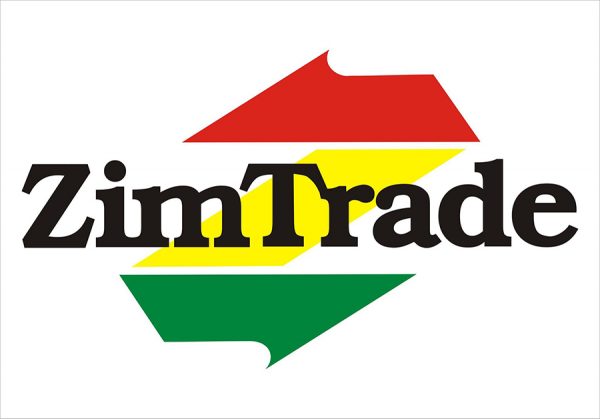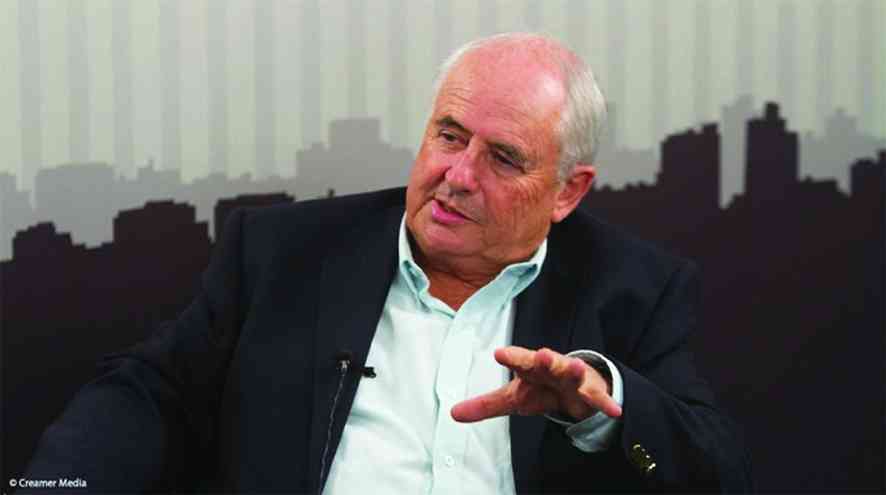
The country’s export promotion body, ZimTrade, has urged local companies in the pharmaceutical sector to broaden their export base by exploring the Zambian market.
BY MTHANDAZO NYONI
ZimTrade said the increase of the national health care budget by 72% from 2012 to 2015 showed the Zambian government was prioritising the health sector.
Zambia’s imports of pharmaceuticals have also been on an upward trend since 2010 and they increased by over 90% from $115 million in 2010 to $220 million in 2014.
According to Trade Map, a company that provides trade statistics, the top five sources of medicaments for Zambia in 2014 were South Africa, India, UK, Denmark and USA with Zimbabwe being 14th.
“This presents opportunities to Zimbabwean companies in the pharmaceutical sector given both countries are members of the Common Market for Eastern and Southern Africa (Comesa) and Southern African Development Community (Sadc) preferential trade schemes,” it said.
ZimTrade said these trade arrangements offer zero duty on the importation of pharmaceutical products which meet the qualifying rules of origin.
- Chamisa under fire over US$120K donation
- Mavhunga puts DeMbare into Chibuku quarterfinals
- Pension funds bet on Cabora Bassa oilfields
- Councils defy govt fire tender directive
Keep Reading
“Furthermore, local companies should also take advantage of the close proximity to Zambia. Potential suppliers need to be aware that the import of pharmaceuticals into Zambia is highly regulated.”
Last year, Pharmaceutical Working Group chairperson, Nigel Chanakira revealed that over $400 million worth of basic drugs were coming into the country every year as imports, threatening the viability of the local industry.
He said 75% of those basic drugs could easily be manufactured locally.
Chanakira said the industry needed to invest in new equipment to boost capacity.
The industry needs a minimum of $40 million for re-equipment, according to Chanakira.
He revealed that Zimbabwe used to be a very strong pharmaceutical centre but was weighed down by hyper-inflation, sanctions and a poor business environment.
Chanakira said Bulawayo and Harare had a manufacturing capacity, which is economic for them to start producing drugs, reducing the import bill and ultimately exporting into the region.












